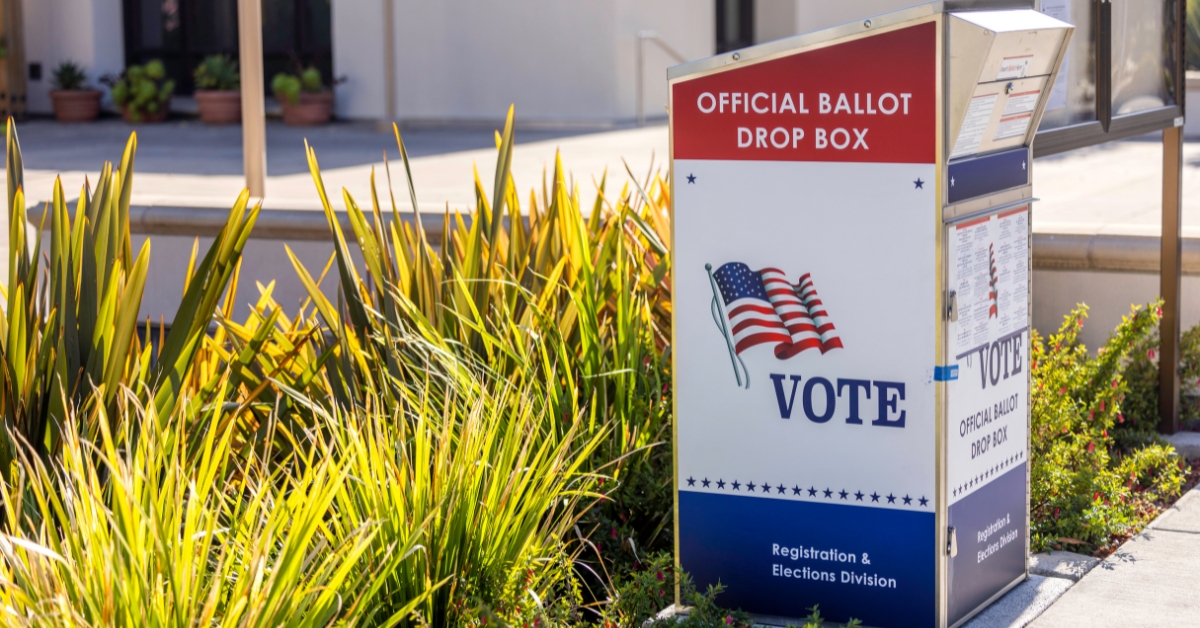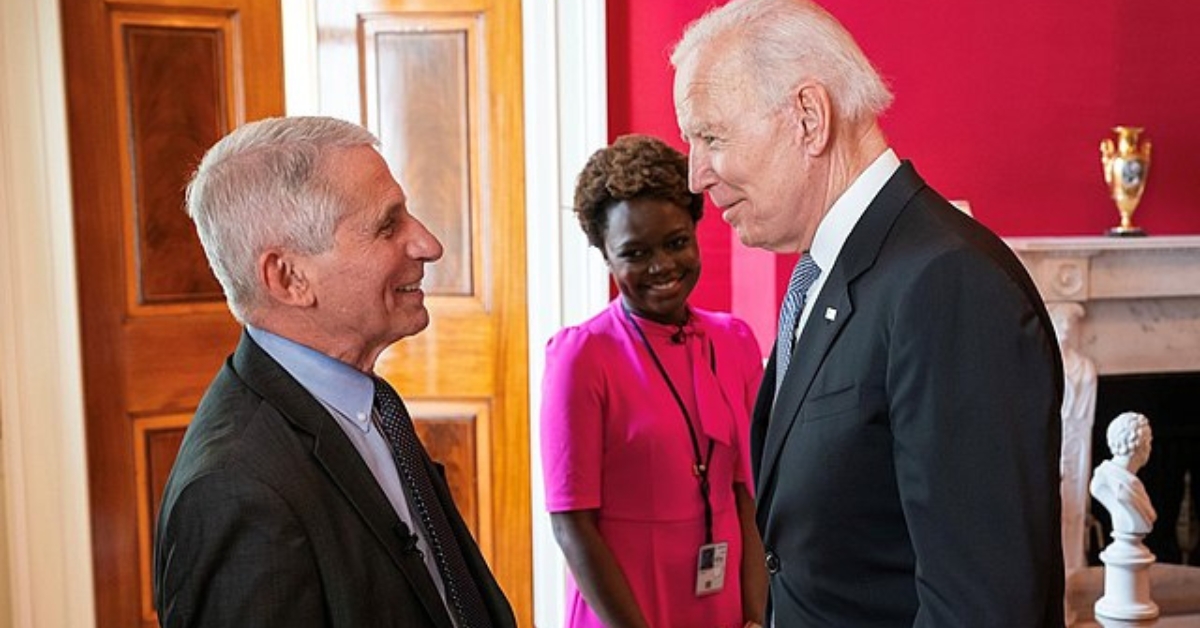
60% of Americans Unwilling to Pay More Than $10 Per Month to Halt Climate Change
In a revealing survey conducted by CRC Research for the 85 Fund, it emerges that nearly half of all young voters, a demographic often touted as the vanguard of the climate change movement, are not willing to pay more than $10 a month to combat what President Joe Biden has termed an “existential threat” to humanity. This stark revelation comes as Biden places climate change at the forefront of his re-election campaign, despite the evident disconnect between political rhetoric and personal financial commitment among younger voters.
The survey’s findings highlight a critical gap between the expressed priorities of young voters and their willingness to invest personally in the solutions. With 45% of voters aged 18-34 willing to spend $10 or less per month to fight climate change, and a significant 20% unwilling to contribute financially at all, the enthusiasm for aggressive climate action appears to wane when it comes to opening wallets. This reluctance persists even as climate change is frequently cited by younger voters as a top political issue and expected to be a key motivator in the 2024 elections.
President Biden’s emphasis on climate change, declaring it the “last existential threat” at a California fundraiser, underscores his administration’s commitment to positioning itself as a leader in climate initiatives. This stance, while ostensibly aligning with the concerns of younger voters, seems to overlook the practical considerations of cost and personal financial responsibility that the survey respondents indicate are significant deterrents.
The broader implications of these findings are significant, with 42% of respondents across all ages stating they would pay nothing to fight climate change, 18% willing to pay up to $10 a month, and only 7% willing to commit more than $100 a month to the cause. Such statistics suggest a widespread reluctance to prioritize climate change mitigation when it directly impacts personal finances, challenging the narrative that there is broad-based support for costly climate policies.
Jason Isaac, CEO of the American Energy Institute, interprets these results as a clear message from the American people: there is a profound resistance to funding what are perceived as “kooky and costly” climate policies proposed by the Biden administration. Despite Biden’s efforts, including rejoining the Paris climate agreement and establishing the National Climate Task Force, his administration faces an uphill battle in aligning public willingness to pay for ambitious climate goals.
As climate activists continue to press for more aggressive action, the divide between policy ambitions and public willingness to finance them presents a formidable challenge. With a significant portion of the electorate hesitant to personally invest in combating climate change, the question remains: how can policymakers reconcile these differences to effectively address what they have identified as a critical, existential threat?














